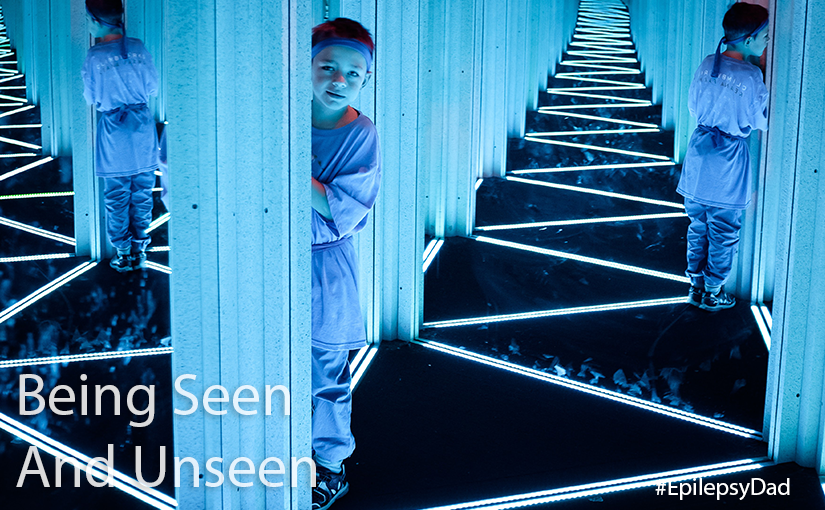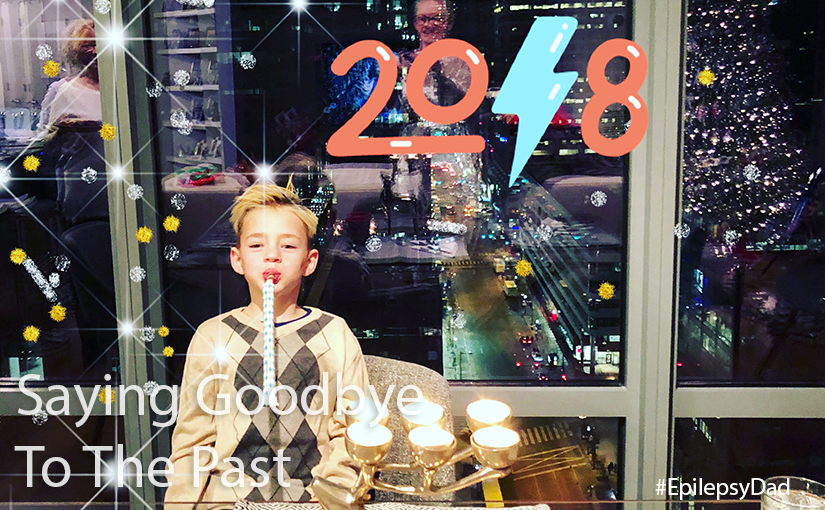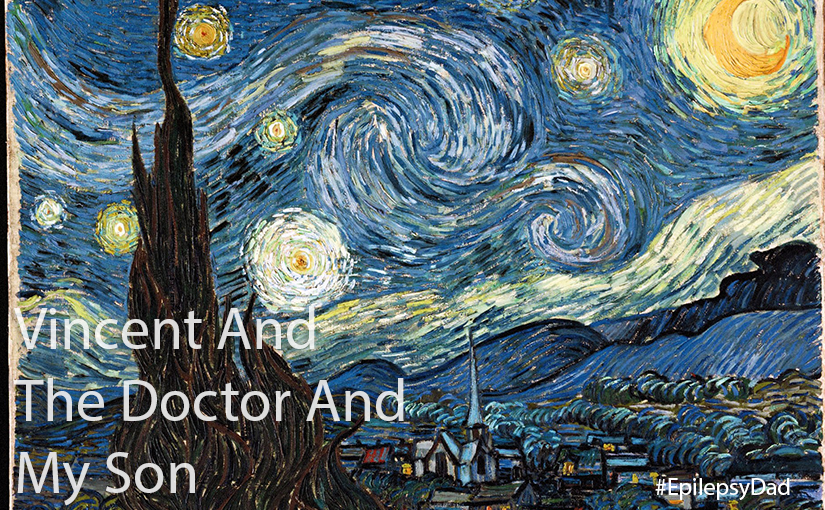My son is becoming more aware of how he feels. He’s becoming more aware of how other people see him. He’s making that connection and noticing that he’s different from other kids.
A few weeks ago, he met with his neuropsychologist and she asked him about school. He told her that he wanted the kids to look at him. He wanted to be seen. My heart broke for him. This is the age when kids start to develop friendships that go beyond an activity or beyond school. And he felt invisible.
It’s been hard for him to make those connections. In part, it’s because second grade has been tough on him mentally and physically. There have been days where he has been too tired to make it to school or stay for the full day. It’s hard to build friendships when you aren’t there. It’s harder to insert yourself into relationships that have already been established.
But there are emotional challenges that make it hard, too. He does feel different from his classmates and he doesn’t quite know how to interact with them. He doesn’t always see the line between funny and inappropriate. Even if he did, he has a hard time regulating those actions.
He is also socially behind the other kids because he was so sick and spent a lot of his time with us or in the hospital. He wasn’t going on play dates. He didn’t go to a lot of birthday parties. He didn’t have those opportunities to learn how to interact with his peers. It’s like trying to compete in a race when all the other participants had a head start. None of them are going to slow down to let you catch up, and they’re too far ahead for you to even know where the course is.
The result is that he doesn’t feel like he has a place there, or that anyone cares that he is there. School must be a very lonely place for him, but we keep pushing him to go, thinking it will get better.
Now, we’re seeing those feelings come in to play outside of school now, too. The other day, we were at the pool with friends and another group came in that included kids from my son’s class. My son got quiet and covered himself with his towel. He whispered that he only wanted to be seen at school.
At first, I thought it was because there was a history with one of the kids from that group. But I also wondered if my son was trying to separate school from the outside world. It was as if he didn’t want the feelings from school to bleed into his safe, private world at home.
I want my son to have friends, and to feel special and important. I don’t want him to feel like an outcast. Sometimes, that desire for him to fit in causes me to overreact when he is trying to be funny but crosses a line. Instead of gently guiding him to a different behavior, I say things in a way that I worry make him feel shame. Not intentionally, and not with any words that are meant to convey that message. But my frustration with the world comes out sounding like I’m frustrated with him.
It’s one thing to have the kids at school reacting the way they do. It’s another to have his parents response the same way. My son is walking around and having everyone tell him what he is doing is wrong. We aren’t seeing him or, if we are, we’re telling him it’s wrong. I’d want to run and hide, too.
I can’t control the rest of the world or how it responds to him. I can teach him the best I can how to live in it. To get him the support and services that he needs. To do what I can to structure his life the best way we know how with where he is today, knowing that will change. To help him develop a strong sense of self, but to be aware and present enough to know when that fails him. Because trying to force everything and not being aware of where he is will do more damage than the world can do to him.
But I can be more aware of how I am responding to my son and the situation. I can control my own actions and respond with loving kindness to where my son is at any moment. The last thing I want to do is to take away the one safe place that he has. I want his home to be a place where he is seen, truly seen, for who he is.
And I want him to know that who he is is amazing.




